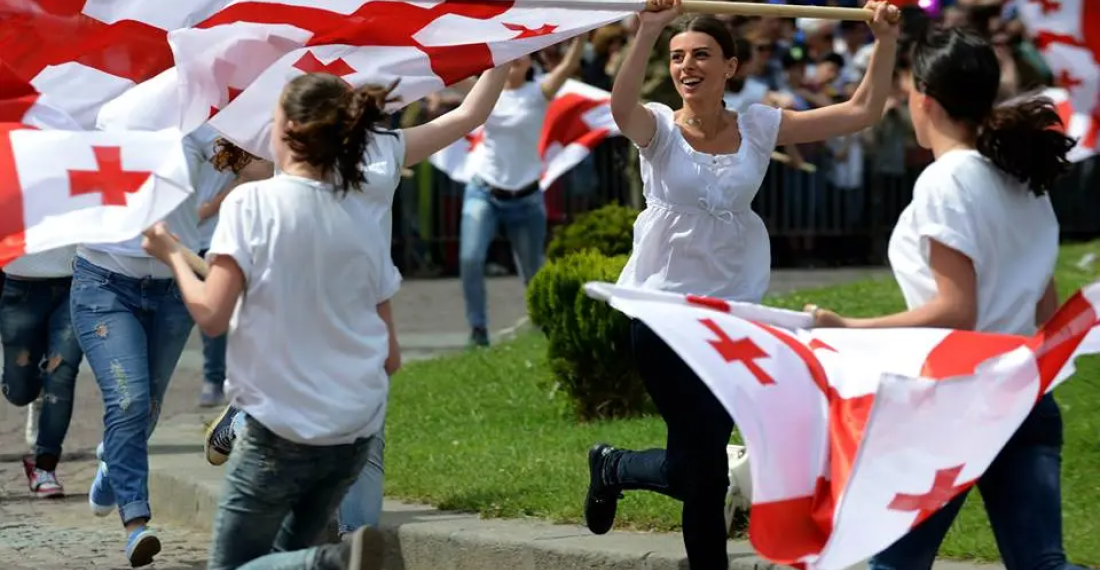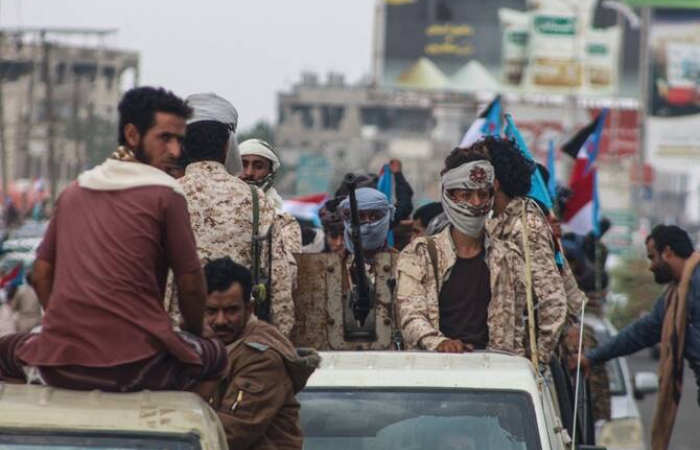On Friday (26 May), Georgia is celebrating the 105th anniversary of the establishment of the first Democratic Republic of Georgia.
The Democratic Republic of Georgia declared independence from the short-lived Transcaucasian Democratic Federative Republic (TDFR), which consisted of much of the present-day territory of Georgia, Armenia and Azerbaijan, on 26 May 1918. Two days later, both Armenia and Azerbaijan also declared independence from the TDFR, which was formed in the aftermath of the Russian Revolution of 1917.
The day is set to be marked by events in Tbilisi and fifteen other cities throughout Georgia, as well as across the world.
Set to run under the motto "This Day is Ours", the 2023 programme in Tbilisi will involve a choir of 300 children performing the national anthem on Tbilisi’s Freedom Square at 5.10pm, the exact time that independence was declared back in 1918. It will end with a gala concert on the First Republic Square at 8pm.
Tbilisi's central Rustaveli Avenue has also been decorated in the colours of the Georgian flag with different entertainment spaces being set up, including a wine space, a children's space, food zone, sports zone, music and theatre space, and an installation celebrating 100 Years of Georgian Aviation.
On Friday morning, demonstrations also took place on Rustaveli Avenue with people waving Georgian and European Union flags, with the respective anthems also frequently being heard alongside the Ukrainian national anthem, according to journalist Mariam Nikuradze.
Events to mark the day around the world
Georgia's independence day is also being marked around the world. Among the countries illuminating landmarks in the colours of the Georgian flag are Turkey, Greece, Canada, Cyprus, Australia, Lithuania, South Korea and Ireland.
The Heydar Aliyev Center in Baku, Azerbaijan, will be illuminated in red and white, while billboards in the Armenian capital, Yerevan, will also display the Georgian flag.
Meanwhile, a ceremony in Brussels will see Belgium's most famous statue, the Manneken Pis, be dressed in Georgian national costume, while a concert of Georgian music will take place at the Grote Kerk Carillon in The Hague, The Netherlands.
source: commonspace.eu with agencies
photo: Georgia About






